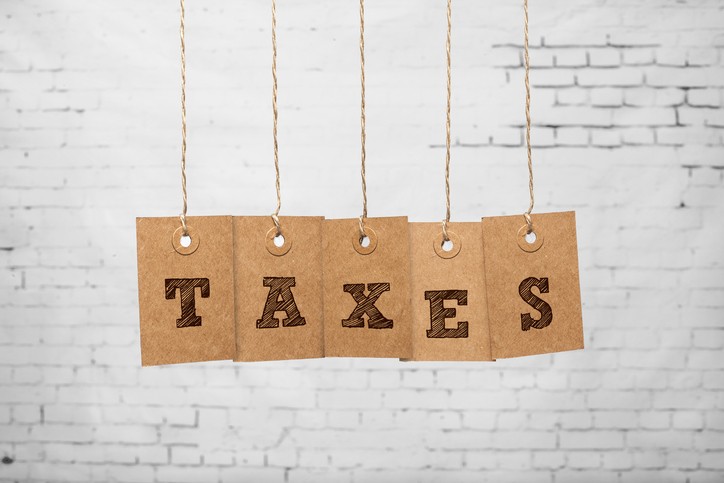The introduction of a wealth tax would curb investment, employment, savings and economic growth in Germany. Tax revenues would also drop, since any revenues from a wealth tax would be exceeded by greater losses in income and consumption taxes. These are the findings of an expert report produced by the ifo Institute together with auditors from EY on behalf of the German Federal Ministry of Economics. “The introduction of a wealth tax would have the same effect as massively increasing income tax rates, with the additional drawback that wealth tax would be due even if assets were to yield a negative income,” notes ifo President Clemens Fuest.
Even if accompanied by high tax free allowances and tax breaks for corporate assets, a wealth tax would clearly curb production and employment in Germany in the long term. A wealth tax of 1 percent would result in an annual decrease of 0.30 to 0.35 percentage points in the growth rate of gross domestic product (GDP) in the first eight years after its introduction. This is because a wealth tax would markedly weaken both investment and capital formation incentives, which would, in turn, lower production capacity. As far as foreign investors are concerned, the introduction of a wealth tax would lead to capital flight from Germany.
A wealth tax rate of 0.4 percent on corporate assets, 1 percent on real estate and financial assets and a tax-free allowance of one million euros (2 million for jointly held assets), for example, would generate revenues of 14 billion euros in wealth tax. These revenues, however, would be offset by losses of 44 billion euros in other taxes. Net tax revenues would therefore be 30 billion euros lower than without a wealth tax. In the long term, investments would be around nine percent lower, employment would fall by 1.9 percent and economic output would be 4.5 percent lower than without a wealth tax.
The wealth tax would have a stronger negative impact on income from capital than on labour income. This would lead to a decline in the ratio between income from capital (including corporate profits) and earned income from 36 percent to 33 percent.

